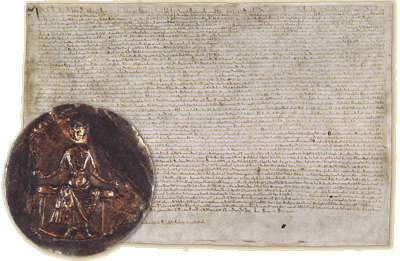Today marks a hundred years since the guns stopped, at the eleventh hour of the eleventh day of the eleventh month.
This will be a slightly random post, because it’s been a troubling few days – and also because three quarters of my brain is busily drafting posts about tiny political parties for your future delight – but a century is a long time, and a day when the guns stopped is certainly something worth remembering.
It’s a strange thing to think that there is probably now nobody living who remembers what it was like in that moment. I wonder how the soldiers felt? I wonder if the silence felt strange and wrong after so many years of bombardments?
I wonder how the soldiers felt in the hours and days before the Armistice? I mean, they must have known it was coming. It would have had to be decided in advance, so that both sides could know when to stop firing.
But I wonder how it felt, in the days between knowing the war was over, and it actually ending? Did the fighting lessen, at the end? Did people take fewer risks, knowing that if they could just survive a few more days, they would be safe? Did anyone risk just… not firing their guns? I can’t imagine the psychology of war, of being in battle, of making the choice to pull that trigger and end a life. But I can only imagine that it must have felt very strange to be shooting at the enemy, knowing that in a few minutes, he would no longer be your enemy.
I’ve sung at a few services commemorating the Great War. At one church, on ANZAC Day, they read out the war records of those sons of the parish who died exactly one hundred years before. To me, the most heartbreaking one was the record of the man who signed up in 1916 or so, survived being wounded twice, and then died of the Spanish Flu a few weeks after Armistice Day.
The narrative here in Australia is very much one of young lives wasted, and I think that this is as it should be. But a couple of years ago, I started reading some of the history of the war from the French perspective, and was struck by the statement that their Prime Minister, Clemençeau visited the battlefields almost daily. This hardly seemed plausible, until I looked at the maps and saw how near the battlefields were to Paris. Apparently, at one point, soldiers were ferried to the battlefield in taxis. The war looks very different from such a perspective.
(And apparently, if you live in Europe, there are still live munitions just… hanging around. Sometimes they explode. Sometimes they are discovered, unexploded. I was in Germany when they found some unexploded munitions from World War 2 near Frankfurt airport, and had to shut the airport down for the day. And European officials still have to warn tourists not to take shells, bullets, and other bits and pieces they may find on WW1 battlefields home as souvenirs, because it disrupts airports, and also, some of it is still working and dangerous.)
Today’s service was informed, of course, by the horrible events on Friday, when a young man crashed a truck laden with gas cylinders into the Target Centre on Bourke Street, setting it on fire. He then stabbed three men, one fatally, before being shot by police, and he died a few hours later. The young man in question seems to have had quite a lot of mental health and other issues, and police say that he had been radicalised by IS online. He was a member of the local Somalian community, who are reported to be horrified and also deeply angry – because this will now blow back on them as well, even though by all accounts he acted alone.
The man he killed was Sisto Malaspina, co-founder and owner of Pellegrini’s Espresso Bar, just around the corner from where I was singing this morning. Pellegrini’s had a lot of regulars among my friends and acquaintances, and Mr Malaspina was well-known and well-loved by Melbournians. It seems he thought the collision and fire was an accident, and went to help. I’ve seen reports that in doing so, he side-tracked the attacker from his main destructive attempts, and thus saved many lives. Everyone I know is devastated by his death.
Think about those two paragraphs, those two deaths. I don’t think Mr Malaspina’s death was a good or enviable one by any means, but he died trying to help someone, he died in a way that probably saved others, and he is remembered with love and grief by a huge community of people. By contrast, his assailant died trying to do as much harm as he could, and succeeding… partially. And his legacy is trouble for his community, who are appalled at his actions.
(As we sang today, love is strong as death – greater love hath no man than this: that a man lay down his life for his friends.)
I no longer know where I’m going with this. Armistice Day always fills me with melancholy – yes, the guns stopped, but eventually they started again, and we are yet to succeed in stopping them completely. I am lucky to be part of a generation that didn’t have to go to war – and while there will always be people like Friday’s attacker, who are determined to do harm, there will also always be people like Sisto Malaspina, who will help wherever they can, even at risk of their own lives. There is hope to be found in that, I think.
(And thank God and John Howard for gun control. We are so very, very lucky that people who are bent on destruction in this corner of the world have to make do with cars and knives, rather than more efficient tools for killing.)


